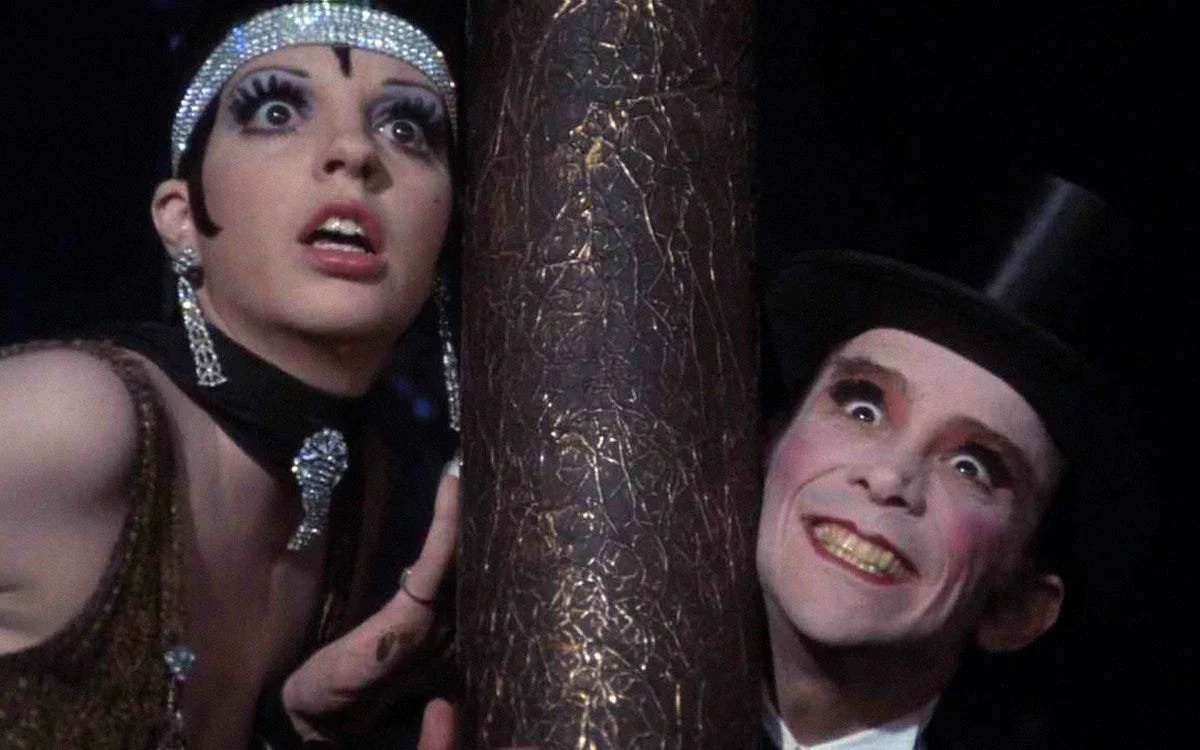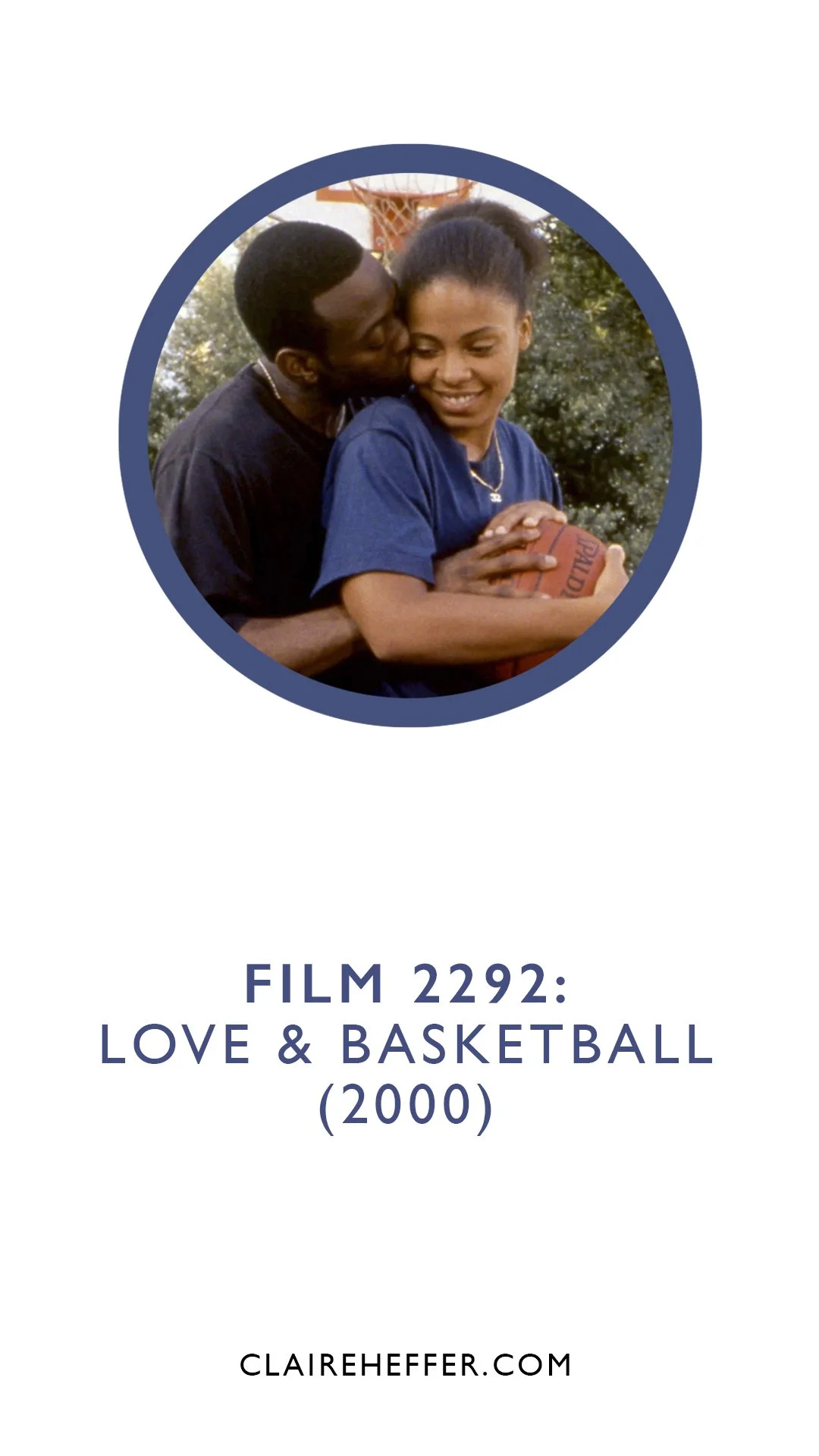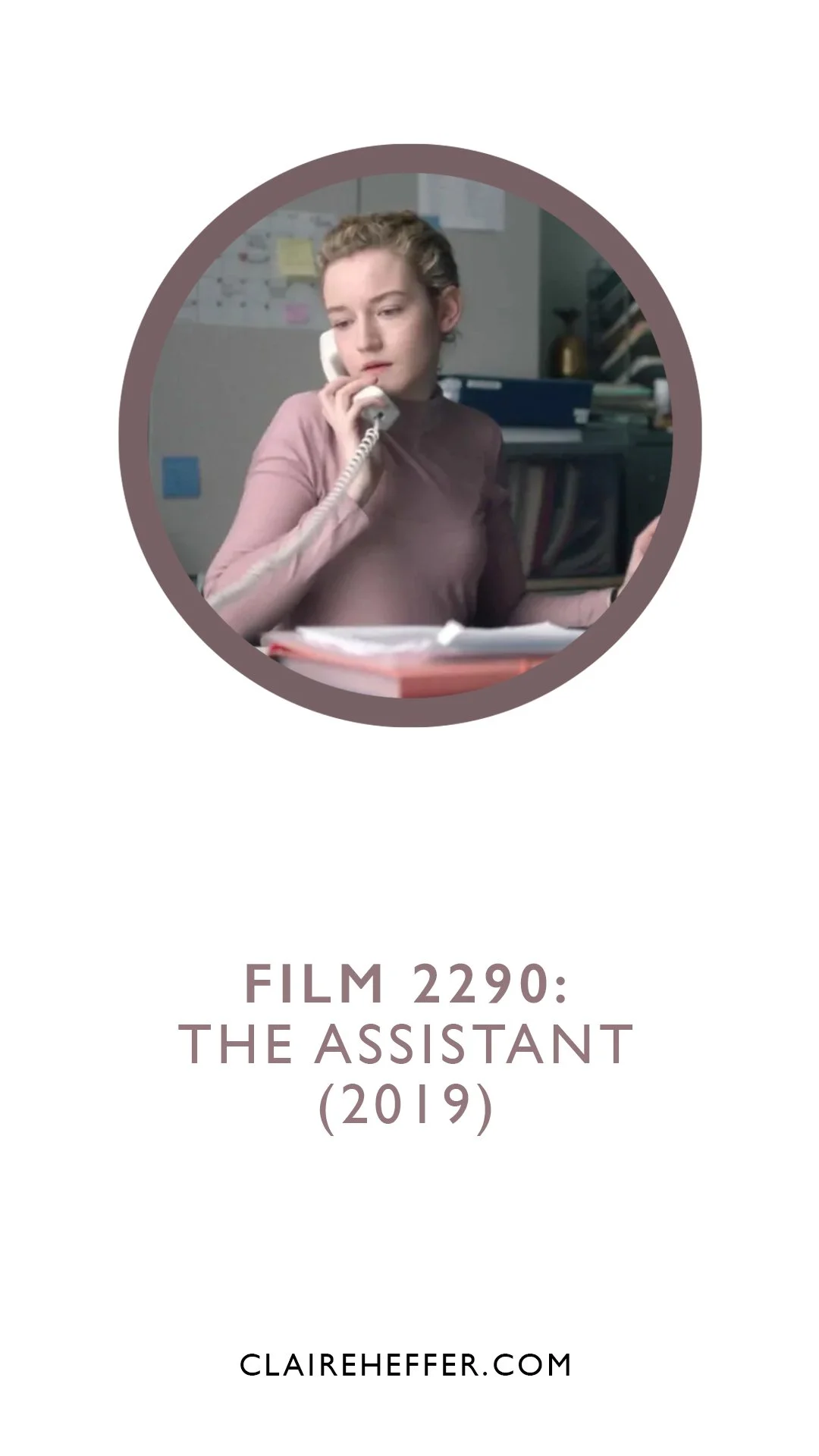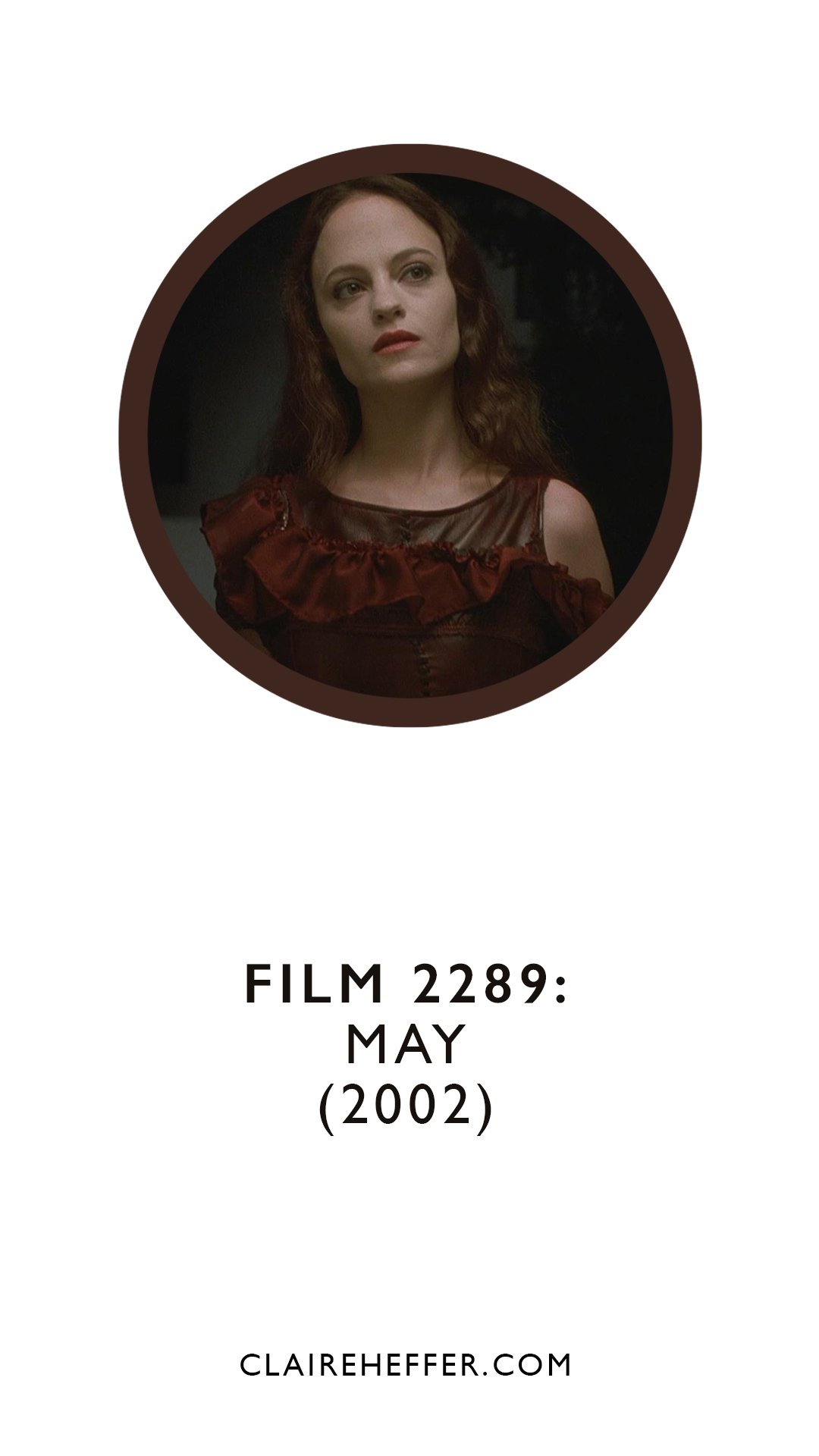FILM 2192: CABARET (1972)
FILM 2192: CABARET (1972)
TRIVIA: English author Christopher Isherwood, who created the character of Sally Bowles for a 1937 short story, enjoyed the attention the movie brought to his career, but he felt Liza Minnelli was too talented for the role. According to him, Sally Bowles was based upon Jean Ross, an amateur singer who lived under the delusion that she had star quality, the antithesis of "Judy Garland's daughter".
In a 1972 interview, Liza Minnelli said you could tell she was the star of the cabaret because she is the only performer with shaved armpits.
Years before Cabaret (1972) was filmed, Liza Minnelli performed "Maybe This Time" when she appeared with her mother Judy Garland at the London Palladium.
The character of Sally Bowles was based on Jean Ross, an aspiring actress, singer, and writer who had an abortion while working as a cabaret singer in Weimar Berlin. Ross was displeased with Christopher Isherwood's portrayal of her as apolitical and antisemitic. She was a member of the Communist Party and later was a war correspondent in the Spanish Civil War. Her partner in the late 1930s was Claud Cockburn, the father of journalist Alexander Cockburn, who described her as "a gentle, cultivated, and very beautiful woman, not a bit like the vulgar vamp displayed by Liza Minnelli." Claud Cockburn's granddaughter is actress Olivia Wilde.
Liza Minnelli designed her hair and make-up with the aid of her father, director Vincente Minnelli. Liza and her father modeled the visual look of Sally Bowles upon Jazz Age flapper icons such as Louise Brooks and Colleen Moore. In a 2006 interview, Liza recalled that she had asked her father, "Should I be emulating Marlene Dietrich or something?" And he replied, "No, study everything you can about Louise Brooks."
Many of the interiors of the film were done on sound stages in Munich recently vacated by the cast and crew of Willy Wonka & the Chocolate Factory (1971).
"Tomorrow Belongs to Me" was written by John Kander and Fred Ebb in the style of a traditional German song to stir up patriotism for "the fatherland." It has often been mistaken for a genuine "Nazi anthem" and led to the songwriters being accused of anti-Semitism despite the fact that both were Jewish. It is also the only song sung outside of the cabaret setting.
The film won 8 Oscars, though not Best Picture. It lost that as well as Best Adapted Screenplay to The Godfather (1972).
The strange woman appearing at the beginning of the movie sitting in the back of the Kit-Kat Club holding a cigarette is based on the painting "Portrait of Journalist, Sylvia Von Harden" by German Expressionist painter Otto Dix.
The original Broadway production of "Cabaret" opened at the Broadhurst Theater on November 2, 1966, ran for 1165 performances and won the 1967 Tony Award for the Best Musical. Joel Grey recreates his role in the movie for which the won the 1967 Tony Award for Best Featured Actor in a Musical. He later won the Academy Award for Best Supporting Actor for this film, making him one of a handful actors to have won both a Tony and Oscar for the same role, a feat later achieved by Viola Davis for Fences (2016).
In 2007, the American Film Institute ranked this as the #63 Greatest Movie of All Time. It was the first inclusion of this film on the list.
With this film, Liza Minnelli was able to achieve something that her mother Judy Garlandwas never able to do: She won an Academy Award. In fact, the press speculated that Minnelli's Oscar was perhaps restitution for Judy being passed over for all those years.
Some people assert the Emcee is a personification of Bob Fosse himself. Though the Emcee is bisexual, Fosse was straight behind the scenes and his heterosexual promiscuity was satirized in the semi-autobiographical All That Jazz (1979) starring Roy Scheider. But Fosse admitted to being attracted to men in interviews; he just never acted on it. Joel Grey, on the other hand, came out as gay in his memoir. He was also briefly married and fathered a child, Jennifer Grey, who starred in Dirty Dancing (1987) and Ferris Bueller's Day Off (1986).
Two songs that did not appear in the musical were written for the film: Liza Minnelli's first performance in the film, "Mein Herr," and Minnelli's and Joel Grey's duet "Money, Money. "Maybe This Time" also did not appear in the musical. It was written by John Kander and Fred Ebb in 1964 for another production. Minnelli suggested the song be added. Fosse initially didn't like the song, but he changed his mind. Fosse later joked that Minnelli cost them another Best Original Song nomination.
Included among the "1001 Movies You Must See Before You Die", edited by Steven Schneider
I’m making my way through the book "1001 Movies You Must See Before You Die", edited by Steven Schneider. See my blog post about my copy of the book here…
You can buy an updated version (which I will get after I’ve made my way through this edition) here…
I really hope you can come on this journey with me – if you do I’d love to know which films you’ve enjoyed the most!
Watch this here…

















